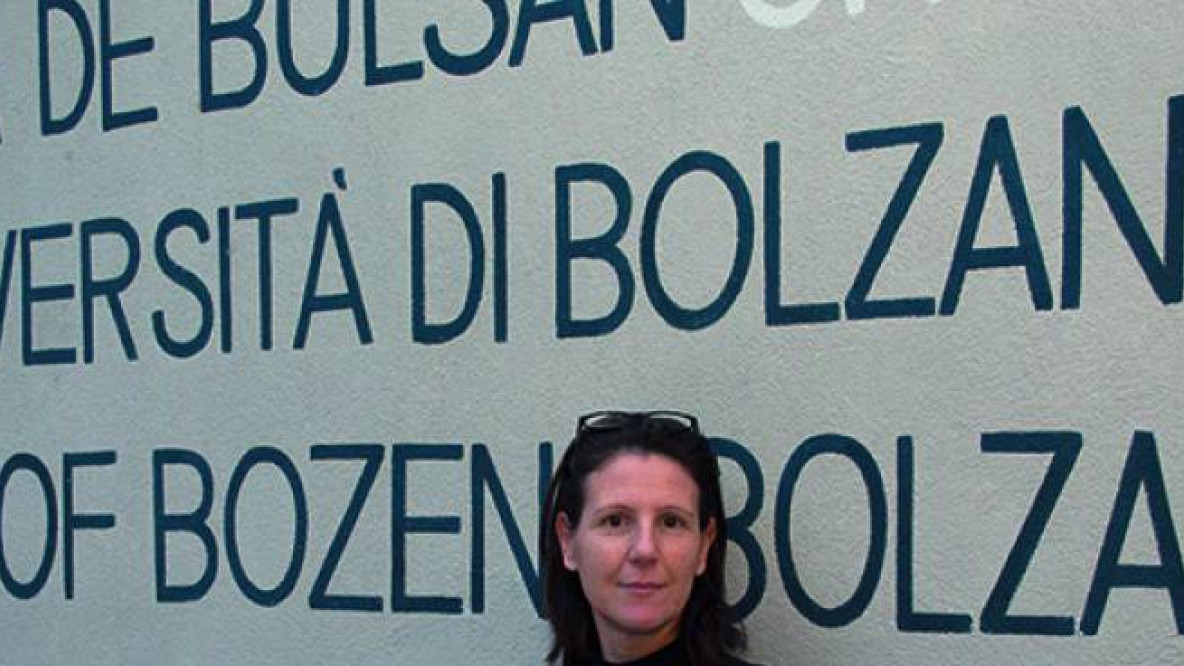Eat, Drink, Love

...at how those changes are affecting culinary and wine tourism in South Tyrol.
Interview by Peter Farbridge
Some tourists used to think they were very clever by looking for restaurants off the beaten path. But now they’re no longer in a minority. What’s driving this phenomenon?
Linda Osti: We’re living in an experiential society where people are looking for deeper connections with the places they travel to. If they are going to get out of their daily routine, it needs to involve all their senses: food and wine among them. Plus there is a surge in healthy food—slow food, organic products, vegetarian or vegan options—people are going back to the roots of food. So when we talk about the eno-gastronomical products of a region we have to talk about authentic food and wine products now.
But surely places like Italy and South Tyrol have many authentic products?
Osti: Most destinations in Italy have a wine route or an olive oil route or a culinary route of some kind—it’s not a niche anymore. Having authentic products definitely helps because a destination can claim the right to a unique cultural approach. But now it needs to be connected with other products that are satisfying the body, mind and spirit in a holistic experience.
So how does a destination find its competitive edge?
Osti: Wine and food are complementary to a vacation and need to be there for the love of learning something new, but they needs to be integrated into a package that satisfies visual needs—for example, landscape, fresh air, and the local population. In the end, it’s not about a destination’s resources, but how it uses them. Successful destinations are those that can attract tourists with memorable experiences and at the same time take in consideration the wellbeing of the residents of the destination.
What role do the locals play in all of this?
Osti: Studies have shown that a high concentration of tourists lowers the gastronomic quality. So the local community needs to be involved to make sure the experience is real: locals should make their products for locals, and they must monitor those products to keep standards high. The success of eno-gastronomical tourism depends more on the economic, agricultural and food policies than on tourism policy.
The Eno-Gastronomic by Numbers
80% of the tourism market in South Tyrol is Italians or Germans in South Tyrol.
66% of foreign tourists visiting Italy come for its culture, food and wine.
The consumption of organic products in Italy increased in 2013 by 7% and is the second highest in Europe.
Tourists spend 30% of their money on restaurants or by buying local eno-gastronomic products.
All factors considered, South Tyrol ranks 6th among the Italian provinces for eno-gastronomic tourism.
Academia #72 - Jänner / Gennaio 2016
Das Gute liegt so nah / Locale, sopra tutto / Local is the New Black
Magazin der / Rivista di / Magazine of unibz & EURAC


Stimme zu, um die Kommentare zu lesen - oder auch selbst zu kommentieren. Du kannst Deine Zustimmung jederzeit wieder zurücknehmen.